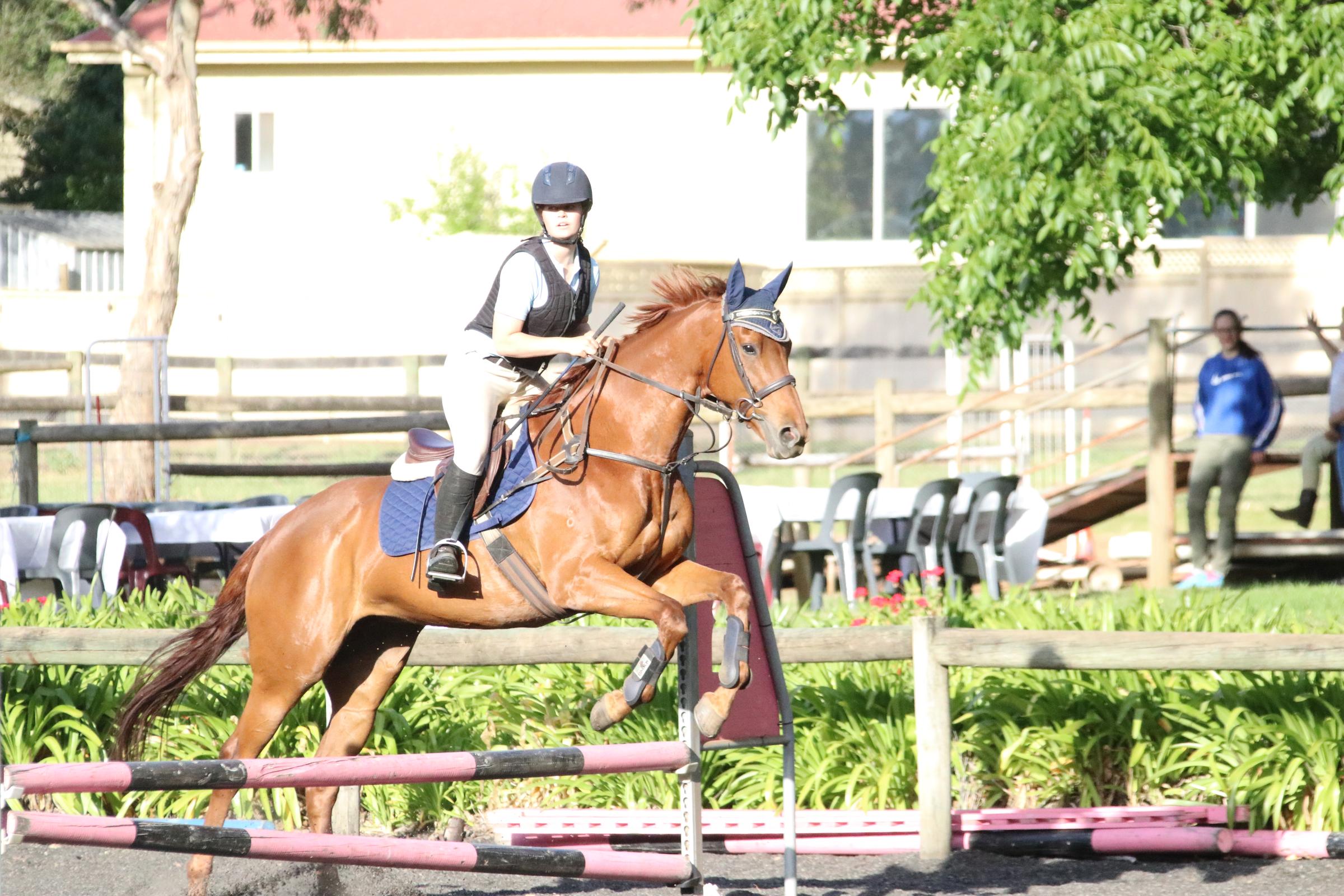
Senior Years and Wellbeing
The Hard-To-Have Conversations
Talking with your child about tricky personal subjects.
Perhaps your child has been bullied online, sent or received an intimate image, or come across pornography online. Conversations about experiences like these can be difficult.
When you talk to your child about personal subjects, you are trying to balance a number of different things:
- respecting your child’s privacy while still making sure they are safe and happy
- giving them space to test their own problem-solving skills online but supporting them as they make their own way
- educating them about people’s different personalities but knowing you can’t make their choices for them
- establishing boundaries while being understanding and open
On this page:
On other pages for parents and carers, you can get specific help on the subjects you may be trying to discuss with your child, including:
How to start the chat
General tips about how to start the chat, whatever the subject.
Plan
Work out what you want to say and how you want to say it, depending on the issue you want to talk about. Go somewhere together where you can talk privately, like in a car driving somewhere. Being in an environment where you can talk without being interrupted can also make things more comfortable for both parent and child.
Perhaps have the talk while you're doing something together, like a long walk or a car trip — especially if you think it will be hard to keep your child engaged in the conversation.
Think of some positive examples of good behaviour that you can use to contrast negative or harmful behaviours.
Listen, don't judge
Let your child know you are there to help them, no matter what. Listening will also help you understand their attitudes and respond to specific issues. For example:
- ‘I understand what you're saying, and I'm glad you came to me about this. You're not going to get into trouble, but we need to trust each other, fix this and move forward.'
- ‘You might not want to tell me all the detail, but if we can talk honestly about what's happened I promise I will listen and stay calm. No matter what happens, we can do this and I love you.’
Ask questions
Asking questions about how they feel and what they know helps you to gauge your child's level of knowledge and keeps you from lecturing.
For example, you could ask:
- ‘Have you seen anyone being bullied online? How did you think that made them feel? How did you feel? Has anything like this ever happened to you?’
- ‘Is cyberbullying a problem at your school?’
- Do kids at your school talk about watching online pornography?
- ‘Do you think it was right for him to post that video online of his friend having sex with a girl? What do you think might happen to him now that he’s done that?’
- ‘What do your friends think about sending nudes? Do you agree with them?’
- ‘Have you ever been sent a nude? How did you feel? What did you do?’
- ‘Has anyone asked you to send a nude? How did that make you feel?’
- ‘Have you ever felt uncomfortable about someone contacting you online?’
Get help if you need it
- You could seek advice from a counsellor or Parentline.
- Your child’s teacher may also be able to point you towards suitable resources to help you explain things.
- If your child says that they have been abused or assaulted, help is available from a professional counselling service, like Kids Helpline. The Australian Institute of Family Studies also has some advice on this.
- If the subject is just too difficult for you to talk about with a child in your care, see I need help to start the chat below.
Talking about sex and pornography
We have worked with leading parenting expert Dr Justin Coulson to provide practical support and resources to parents on this sensitive issue.
How to start
The hardest part is how to begin. Here are some possible ways to start the chat:
- ‘I don't really know what to say, but we have to have a talk about sex and pornography.’
- ‘I read an article today that said kids are seeing pornography at really young ages. Can I talk to you about it?’
- ‘I want to talk with you about one of those awkward topics. Is that OK?’ (They rarely say ‘no’, but if they do, respect that, and then set up a time where you can talk.)
Keeping it going
